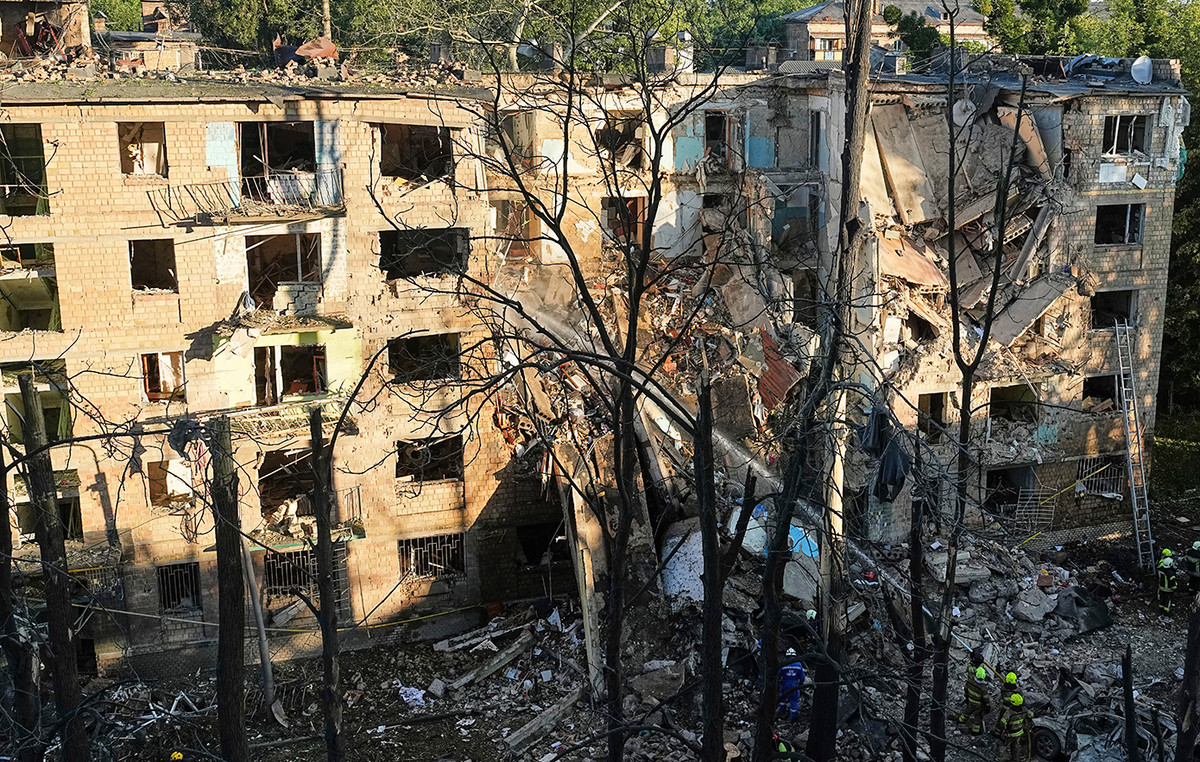When the coronavirus invades human cells, the body generates some responses. Among them, the production of specific neutralizing antibodies against the virus and the cellular response, which is the activation of defense cells, such as white blood cells and other lymphocytes, which recognize and destroy infected cells, reducing viral replication.
To defend the organism, antibodies act on specific structures of the invading agent. The creation of a vaccine begins with the search for targets in this structure of the virus that will be able to induce more efficient responses by the immune system.
Scientists from Incor, from Hospital das Clínicas, Faculty of Medicine, University of São Paulo (USP), develop the first entirely Brazilian nasal vaccine against Covid-19. The project, which began in March 2020, has the participation of the Federal University of São Paulo (Unifesp).
Creating a vaccine
The starting point of the research was the search for an antigen for the vaccine, that is, a protein or molecule capable of inducing the production of specific antibodies against the coronavirus. To find it, the researchers investigated the immune response of 210 recovered Covid-19 patients. The study was carried out from the analysis of blood samples.
According to the research coordinator, Jorge Kalil Filho, director of the Immunology Laboratory at Incor, the composition of the antigen was tested with various formulations to create the nasal spray.
In addition to defining the antigen, the scientists are evaluating how to operationalize the large-scale production of the immunizer. According to Kalil, from this point on, it will be possible to proceed with vaccine safety tests.
At this time, experiments are still being done on animals. In the stage, called pre-clinical, the ability of the immunizer to generate a response of antibodies and other defense cells was observed, technically known as immunogenicity .
The next step consists of tests with the participation of volunteers, clinical trials which allow us to assess the immunogenicity, dosage and safety profile in humans.
Kalil explains that the vaccine has advantages, such as simplified and totally national production, and adaptability to the different variants in circulation.
“The vaccine will be discovered, developed and produced in Brazil. This research funding is very important so that studies can be developed in the country”, he stressed.
How nasal vaccines work
The immune system of the mucous membranes, tissues that line the body’s cavities, is the human body’s first line of defense against pathogens or harmful microorganisms such as viruses and bacteria.
In the case of SARS-CoV-2, a respiratory-transmitted virus, the nasopharynx is the main point of entry into the body. Therefore, the reinforcement of immunity in the nasal cavity is considered one of the strategies for the development of vaccines.
The most common immunizers, for intramuscular injection, can be developed from different technologies, such as inactivated or attenuated virus, virus proteins or genetic material from the coronavirus.
The objective is the same: to induce the immune system to produce neutralizing antibodies against the virus that help prevent the disease, especially in severe forms, and reduce the chances of hospitalization and death.
In the case of intranasal immunizers, the scientists’ bet is that the generation of an effective immune response in the mucous membranes can reduce not only severe cases, but also prevent infection and more efficiently reduce the transmission of the disease.
According to researcher Jorge Kalil Filho, professor at the USP School of Medicine, one of the main advantages of this type of vaccine is the induction of local and systemic immunity, that is, throughout the body.
“A nasal vaccine will cause a very strong response in the nasal mucosa and prevent infection. In addition, it also induces a whole-body response, i.e. antibodies that circulate throughout the body,” he explains.
Bet on immunity by antibodies present in the mucous membranes
For the development of intranasal vaccines, specialists use as a parameter the induction of a type of antibody called IgA found in large quantities in the region of the mucous membranes of the nose.
IgA antibodies are part of the the body’s first line of defense being responsible for different functions, including neutralize substances produced by different types of microorganisms invaders.
The director of teaching and research at Hospital Sírio-Libanês, Luiz Reis, explains that the central objective of vaccines is to prepare the body for faster and more accurate responses to exposure to an infectious agent, in order to control the disease. According to him, nasal immunizers can accelerate this process by simulating more accurately how infection with the new coronavirus happens.
On a study published in the journal Science, researchers evaluated the immune responses of 159 patients with Covid-19. The analysis showed that, in the initial stage of infection, there was a predominance of IgA antibodies.
They peaked three weeks after the onset of symptoms and showed a greater ability to neutralize the virus in relation to IgG antibodies, which work together with IgM antibodies in immediate and long-term protection against Covid-19 and various infections.
The results suggest that the immunity produced by the mucosa, mediated by IgA antibodies, can reduce the infectivity of the virus in saliva and pulmonary secretions, decreasing transmission.
Source: CNN Brasil
I’m James Harper, a highly experienced and accomplished news writer for World Stock Market. I have been writing in the Politics section of the website for over five years, providing readers with up-to-date and insightful information about current events in politics. My work is widely read and respected by many industry professionals as well as laymen.







